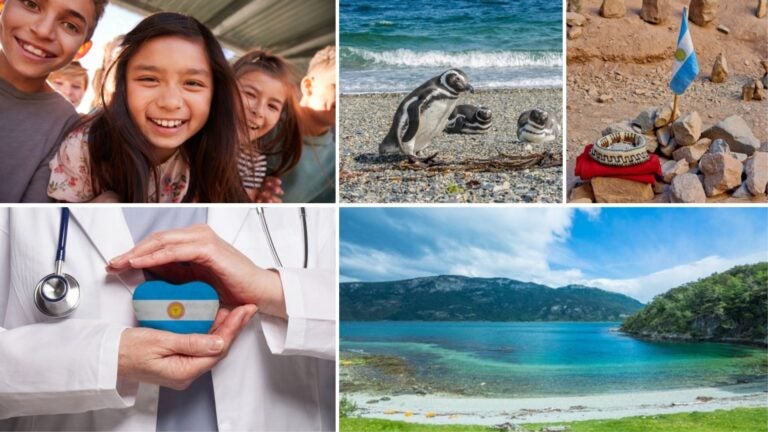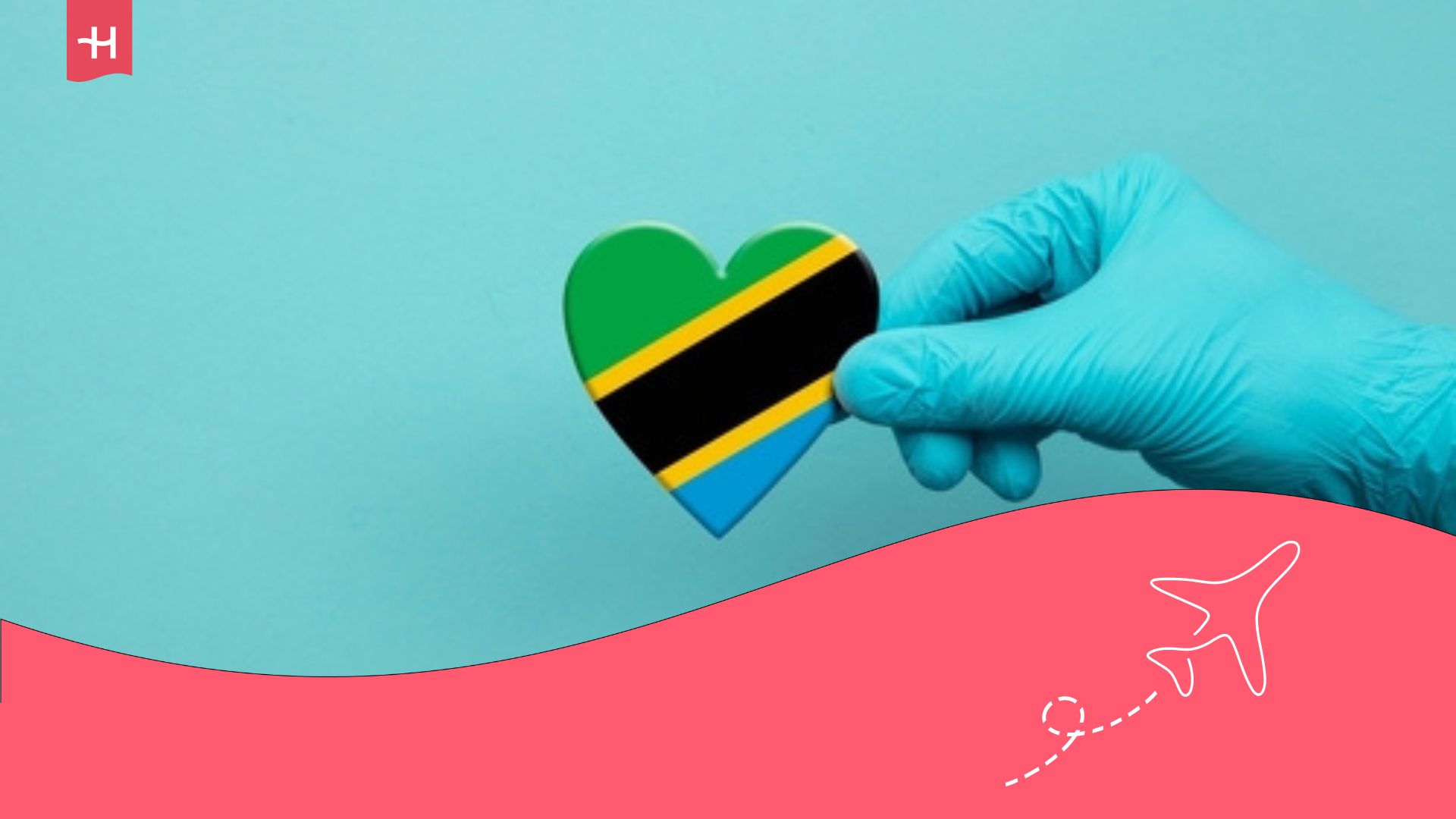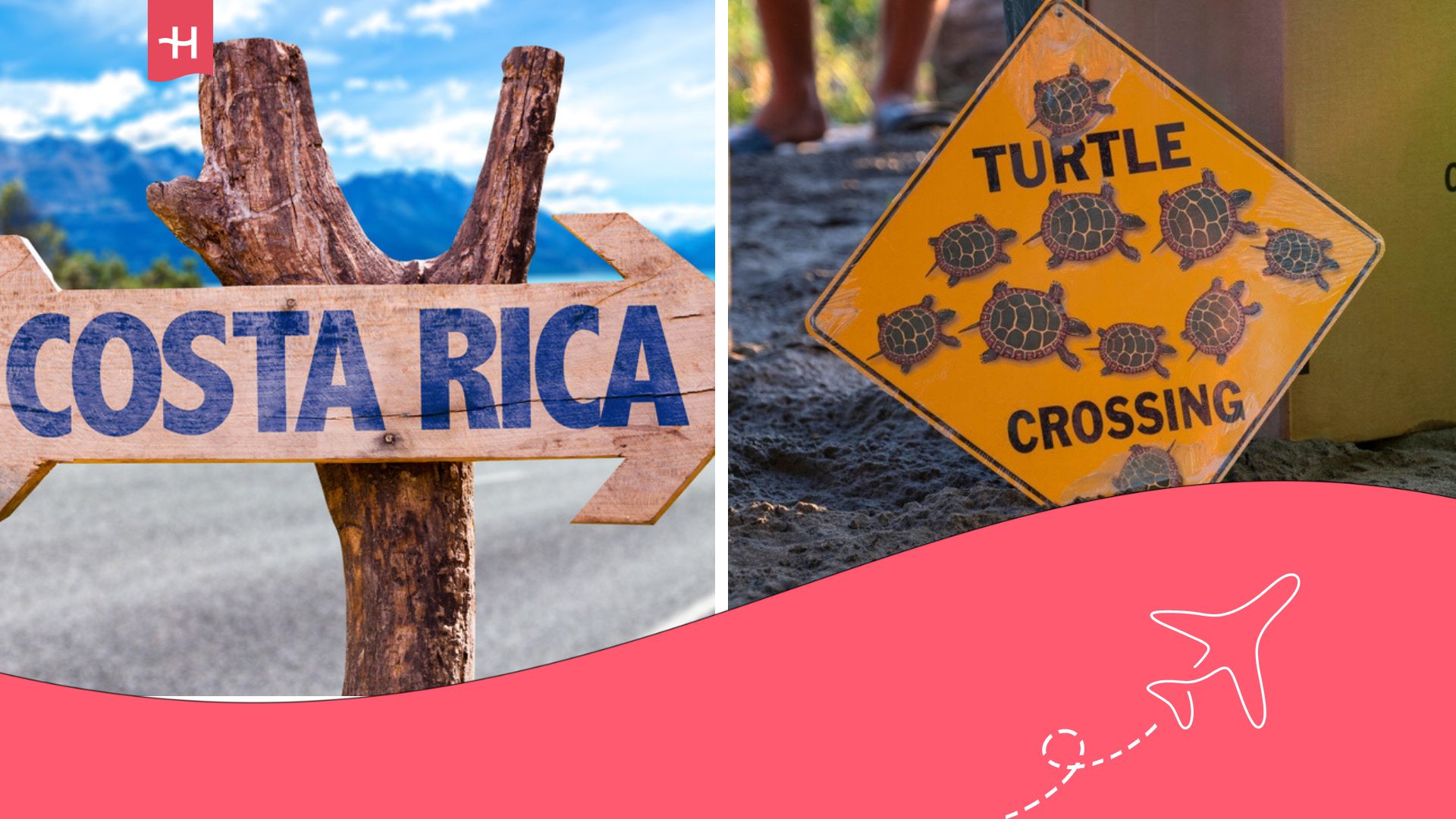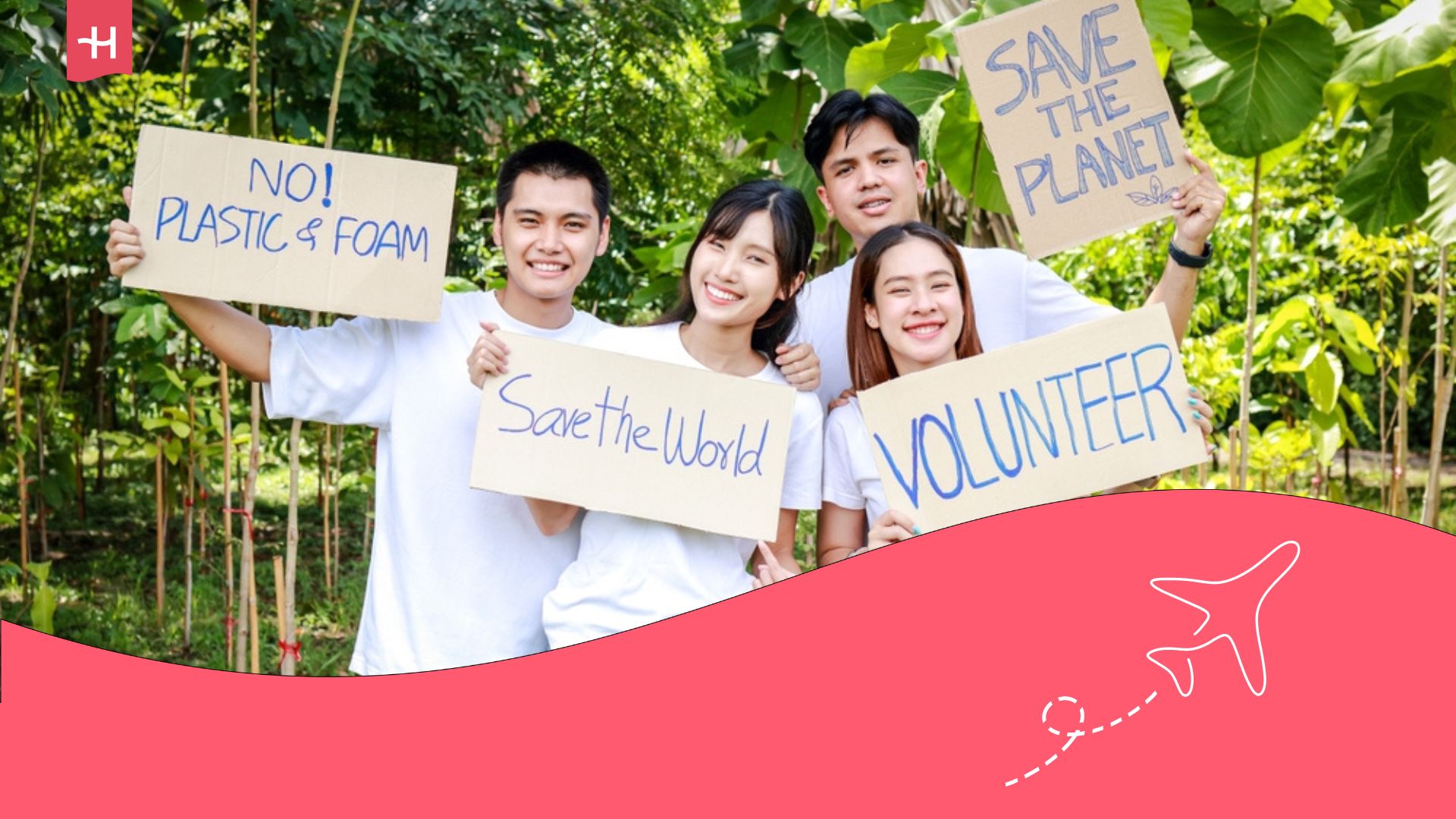Volunteering in Argentina: Get ready to go
Learn about volunteering in Argentina, including the best programs, as well as the requirements and costs associated with the experience.
Volunteering in Argentina is a great way to experience the country from the inside and make a meaningful contribution to people’s well-being and environmental care. Whether you’re teaching in rural schools, helping at community kitchens, assisting in animal shelters, or supporting environmental projects, your involvement can have a real impact.
Argentina is a land of striking contrasts. Its cities such as Buenos Aires, Córdoba, and Rosario are full of energy, culture, and a global outlook. Beyond the urban centers lie vast rural regions, indigenous communities, and working-class neighborhoods where social inequality, poverty, and limited access to basic services are daily realities. On top of this, a long-standing economic crisis has only deepened these divides and hit the most vulnerable the hardest.
But the challenges go beyond economic and social issues. Argentina also faces serious environmental threats, from deforestation in the north to fires in the mountains and wetlands, from polluted rivers to the decline of sustainable farming practices. In this context, the role of volunteer work becomes incredibly important.
In this article, we’ll explore the benefits of volunteering in Argentina, what requirements you need to meet, the best programs currently available, the types of projects you can join, and how much this experience might cost. If you’re looking for a way to travel with purpose, keep reading.
What are the benefits of volunteering in Argentina?
Volunteering in Argentina can be an incredibly rewarding experience in many ways, personally, culturally, and emotionally. People who choose this path often discover that giving brings just as much back to them.
One of the biggest benefits is the chance to experience the country from the inside, beyond the usual tourist routes. By taking part in a social or environmental project, volunteers become part of real communities, learn their customs, hear their stories, and gain a new perspective on everyday life. In a country defined by diversity, warmth, and striking contrasts, this kind of experience can completely change the way you understand travel.
Argentina is also a great destination for anyone looking to improve their Spanish in a real-life setting. Many organizations encourage volunteers to use the language with the people they are helping, creating a valuable cultural and linguistic exchange. While fluency is not required, every word you learn adds to the richness of the experience.
Another major advantage is the wide range of projects available. Whether it’s helping out in community kitchens in Buenos Aires, taking part in reforestation efforts in Patagonia, or assisting at wildlife shelters in Misiones, opportunities to make a difference can be found across the country. This variety allows everyone to find a place where their skills and interests can have a real impact.
Finally, volunteering in Argentina can also help you save on accommodation and meals, as many programs include these essentials. This makes it an affordable way to travel with purpose, gaining meaningful experiences and forming connections that often last long after the trip ends.

What are the requirements for volunteering in Argentina?
Most volunteering programs in Argentina are easy to join, but there are some basic requirements you should know about before getting started. It is not overly complicated, but being well prepared makes the experience much smoother.
Minimum age
Most programs require volunteers to be at least 18 years old. Some accept participants as young as 16 with parental permission or if they travel with an adult. There is no upper age limit, and many adults and retirees also take part actively.
Visa
Argentina allows citizens from over 80 countries to enter without a visa and stay as tourists for up to 90 days. For short-term volunteer programs of three months or less, this is usually enough.
If your program lasts longer or includes any form of payment, you may need to apply for a specific visa. It is always a good idea to check with the Argentine embassy in your country to confirm the requirements for your situation.
Valid passport
Even though a visa is not required in most cases, you must have a passport that is valid for at least six months from your date of entry. Citizens of Mercosur countries, such as Uruguay, Paraguay, Brazil, and Chile, can enter using just an ID card.
Vaccinations and medical insurance
You don’t need any mandatory vaccinations to travel to Argentina, but it’s a good idea to be current on tetanus and hepatitis A. Having health or travel insurance is also recommended, as public hospitals are free but can have long waits, and private clinics tend to be costly.
Language
Speaking Spanish is not required, but it is highly appreciated. Many programs accept volunteers who only speak English, especially in tourist areas or international projects, but knowing some Spanish will open more opportunities and make your experience richer.
Minimum duration of volunteering
While it varies by program, many require a minimum commitment of two weeks. Some accept shorter stays of around a week, while others allow longer placements.
Motivation and adaptability
Even if it’s not an official requirement, organizations really appreciate volunteers who are committed, empathetic, and socially aware. Being open-minded, patient, and a good team player are key to making the most of the experience.
Connectivity in Argentina
Having your own internet connection isn’t required, but it can make volunteering in Argentina much easier. The country has solid digital infrastructure, which is great for remote work, but public WiFi can be unreliable. One convenient option is a Holafly eSIM for Argentina, giving you unlimited data for the length of your trip.
If your volunteer trip will last more than a month, a better option is Holafly Plans. The difference is that with a monthly subscription, you get unlimited data not just in Argentina, but in over 170 countries, including many in South America. This way, you can continue traveling across the continent without having to hunt for a new SIM card every time you cross a border.
Important: If you are a frequent traveler and want to stay connected without worrying about expensive roaming or looking for a new SIM at every destination, Holafly’s subscription plans are for you. With a single eSIM, enjoy internet in more than 170 countries for a fixed price and no surprises on your bill. Travel without limits and connect easily and securely! 🚀🌍

What are the best volunteer programs in Argentina?
Volunteering in Argentina means immersing yourself in a rich mix of landscapes, cultures, and social challenges. From the jungles of Misiones to the working-class neighborhoods of the capital, the range of experiences is vast.
Below, we provide a selection of active programs so you can evaluate them based on your interests.
Volunteering with the Argentine Red Cross Program – General volunteering throughout the country
The Argentine Red Cross is a great way to experience humanitarian volunteering on a broad scale. With branches across the country, it offers opportunities in healthcare, social inclusion, emergency aid, and community support. It’s a perfect option for those who want to make a meaningful contribution while benefiting from the support of a well-established organization.
| Feature | Details |
| Where | Branches in multiple provinces of Argentina, in both urban and rural areas. |
| What it is | Support in vulnerable communities: social inclusion, first aid, health campaigns, emergency care. |
| Specific requirements | Be over 16 years of age, committed to humanitarian principles, available for activities. |
| Duration | Flexible, with the possibility of participating as much as you can, according to your availability. |
| What’s included | Initial training, placement in a local branch, institutional support. |
| Estimated price | Free as a volunteer (usually no participation fee). |
| Tasks to be performed by the volunteer | Collaborate in health campaigns, assist migrants or vulnerable people, manage donations, participate in community workshops. |
National Volunteer Program in National Park Administration (APN) – Environmental conservation in protected areas
This program is run by the national agency that manages Argentina’s parks. It gives volunteers the chance to work on ecosystem conservation alongside park rangers and mentors within protected areas.
| Feature | Details |
| Where | In various national protected areas throughout the country. |
| What it is | Conservation of natural heritage: monitoring tasks, trail maintenance, environmental education. |
| Specific requirements | Have training or interest in nature, complete the training provided by the program. |
| Duration | It varies depending on the park and the call for applications; it usually has specific periods. |
| What’s included | Training, mentoring, certificate of participation. |
| Estimated price | There is not always a participation fee; a contribution may be required or accommodation expenses may need to be covered. |
| Tasks to be performed by the volunteer | Planting, maintenance, collecting ecological data, interacting with visitors for environmental education. |
Rural Teaching Program in Luján – Education in rural communities, by Volunteer World
This program places volunteers in rural communities around Luján, where they help with teaching basic subjects and languages while contributing to the community’s sustainable development.
This program is perfect for volunteers looking for a deep cultural exchange while supporting the education of young people aged 12 to 18 in rural schools. In return for your contribution, you’ll gain firsthand insight into how Argentina’s rural education system works and what daily life is like in the countryside.
| Feature | Details |
| Where | Luján, Buenos Aires. |
| What it is | Teach or assist in rural education, accompanying local teachers, with an environmental or cultural component. |
| Specific requirements | Minimum age 18, interest in teaching and living in a rural area, flexibility. |
| Duration | From two weeks or more. |
| What’s included | Accommodation with the rural community, coordination with a local school or program, three meals a day, transfer from the arrival airport. |
| Estimated price | To be confirmed (the project indicates participation according to availability). |
| Tasks to be performed by the volunteer | Teach language classes, assist in environmental awareness workshops, help out in the school garden, or participate in community activities. |
Marine Conservation Program – Rewilding Argentina Foundation – Conservation in Patagonia/Southern Argentina
If you’re passionate about nature and hands-on conservation work, this Rewilding Argentina program offers a powerful experience in remote parts of Patagonia. The initiative focuses on protecting marine ecosystems at several locations along the Argentine coast.
| Feature | Details |
| Where | Patagonia Azul Biosphere Reserve, Chubut; Yaganes and Namancura-Banco Burdwood II National Parks; and Mitre Peninsula, on Isla Grande de Tierra del Fuego. |
| What it is | Ecological restoration: wildlife reintroduction, monitoring, facility maintenance, community life. |
| Specific requirements | Ability to adapt to remote areas and field conditions; deep interest in conservation. |
| Duration | Periods of several months or as announced; minimum stay specified in the description. |
| What’s included | Accommodation in camp or basic facilities, field training, team life. |
| Estimated price | Please consult directly with the organization for each announcement. |
| Tasks to be performed by the volunteer | Species observation, cleaning of facilities, data management, technical team support, living in a natural environment. |
Women’s Empowerment Program – Volunteering Solutions (Argentina)
This program is designed to support women facing social vulnerability, gender-based violence, or economic hardship, offering vocational training, emotional support, and resources to help them build greater independence.
| Feature | Details |
| Where | City of Córdoba. |
| What it is | Comprehensive support for women in vulnerable situations: empowerment workshops, professional training, advice for entrepreneurship. |
| Specific requirements | Be over 18 years of age; social awareness; motivation to work with women in vulnerable situations. |
| Duration | From four weeks. |
| What’s included | Accommodation, local orientation, workshop training, integration into the volunteer program. |
| Estimated price | $1,113 for four weeks. |
| Tasks to be performed by the volunteer | Skills workshops (crafts, cooking, microenterprises), emotional support, individual or group mentoring, collaboration with local gender-related NGOs. |
What types of volunteer projects are there in Argentina?
Volunteering in Argentina means stepping into a country shaped by strong contrasts. Some regions enjoy a high standard of living, with full access to education, healthcare, and employment. Others, especially in the north, the greater Buenos Aires area, and rural parts of provinces like Santiago del Estero, Formosa, or Chaco, face serious social and economic challenges.
Below, we’ll tell you about the most common types of volunteer work and what to expect from each one:

Educational support
This is one of the country’s most common volunteer opportunities. It runs in both urban areas and rural towns where schools often lack resources. Volunteers get involved in all kinds of educational support, from helping students with homework to offering English lessons, organizing games and activities, or supporting early literacy.
In rural schools, teachers often handle several grade levels at once, so having an extra pair of hands can make a real difference. And in low-income neighborhoods in larger cities like Rosario, Córdoba, and Buenos Aires, community centers often need extra educational support for kids who don’t have help at home.
Childcare and social services
These projects focus on homes, community kitchens, day centers, and other institutions that support children in vulnerable situations. Volunteers often help with daily care, organize games and workshops, and provide emotional support for the kids.
Some centers also work with children who have disabilities or come from difficult family situations. In these roles, empathy, patience, and the ability to adapt are especially important.
Environment and conservation
Argentina is home to remarkably diverse wildlife and landscapes. From the Misiones rainforest to the vast stretches of Patagonia, its national parks and reserves offer plenty of opportunities to join conservation efforts, support research projects, or take part in environmental education.
You might help with activities like reforestation, cleaning trails or coastlines, conducting wildlife surveys, educating visitors, or providing logistical support. Some projects focus on specific species, such as jaguars in the north or penguins in the south, depending on the season and location.
Community health and prevention education
In some parts of Argentina, access to healthcare is still very limited, especially in rural communities and indigenous villages. If you have experience in nursing, medicine, nutrition, or mental health, there are projects that involve community support, preventive workshops, and awareness campaigns.
There are also programs focused on sexual and reproductive health, which are particularly relevant in contexts where access to information is limited.
Work with women and gender
In recent years, Argentina has made significant progress in women’s rights, but challenges remain, including gender-based violence, limited economic independence, and workplace exclusion. Some volunteer programs focus on offering empowerment workshops, vocational training, emotional support, or assistance in women’s shelters.
This type of volunteering can be found in large cities, but also in rural areas where state resources are not as effective.
Indigenous and rural communities
Argentina is home to a rich variety of indigenous communities, many of which face isolation or social exclusion. Some volunteer programs work with northern groups such as the Wichí, Qom, and Guaraní, supporting literacy initiatives, healthcare access, and basic infrastructure development.
There are also programs in rural areas that aren’t specifically tied to indigenous communities but still face significant gaps compared to urban regions. Volunteers can assist in schools, clinics, training workshops, or local development projects.
How much does it cost to volunteer in Argentina?
While many people assume that volunteering is completely free, the truth is that there are usually some costs involved, especially with programs organized by NGOs or international agencies. Argentina is no different.
Living in Argentina can be affordable compared to other countries, but there are some expenses you should keep in mind before deciding. Here’s a breakdown to help you plan your budget more accurately.
Mandatory costs
Most volunteer programs charge a participation fee that covers accommodation, meals, orientation, and often supervision throughout your stay. The exact cost depends on the organization, the location, and the length of the program.
On average, you can expect to pay between $200 and $350 per week, though some projects in rural areas or with simpler facilities may offer lower rates for longer stays. More structured programs, with private accommodation or located in major cities like Buenos Aires, can cost up to $500 per week.
You’ll also need to factor in the cost of a plane ticket, which from Europe or North America can range from around $900 to $1,400, depending on the season.
Variable costs
These are expenses that will depend on your lifestyle and where you volunteer. For example:
- Urban transportation: In cities like Buenos Aires, public transportation is very inexpensive. A trip on the subway or bus costs about $0.20–$0.30.
- Excursions and free time: If you plan to explore Argentina on weekends, keep in mind that activities like tours, museum visits, or domestic trips can add around $100 to $300 per month.
- Extra meals: Some programs cover three or four meals a day, but if you want to eat out occasionally, you’ll need to budget for this additional cost, which can vary widely depending on the city and type of restaurant.
What you’ll save by volunteering
By choosing to volunteer, you’ll avoid many of the expenses you would have as a tourist:
- You don’t pay for accommodation yourself (it’s included in the program).
- Most programs cover at least one or two meals per day, which saves you a lot of money, especially in big cities.
- Activities are organized, so you don’t have to invest in tours or experiences to spend your time.
- In most cases, you’ll have local support available around the clock, which helps prevent unexpected expenses and eliminates the need for extra insurance for assistance.
Additionally, if you choose a long-term volunteer program, some organizations may lower the weekly fee or even provide free accommodation in exchange for a longer commitment.
Frequently asked questions about volunteering in Argentina
Speaking Spanish isn’t required for every program, but it can be very helpful. In fact, many organizations ask for at least a basic level to make communication with local communities easier. Some projects even include introductory language classes as part of the experience.
In most cases, volunteers need to be at least 18 years old. Some organizations, however, accept 17-year-olds with parental permission. There are also programs designed for families or school groups that provide options for younger participants.
It really depends on where in the country you’re going. Summer (December to March) is perfect for outdoor projects or visiting the south in Patagonia, while spring and fall are ideal for cities like Buenos Aires, Córdoba, or Mendoza. If you’re heading to the northern regions, it’s best to avoid the hottest months of January and February.
Yes, as long as you follow basic safety guidelines. Like any country, some areas are safer than others, so it’s important to have the support of a reliable local organization. Most volunteer programs take place in secure environments with proper supervision.
If your stay is under 90 days and you’re from a visa-exempt country like the EU, the UK, the USA, or Chile, you can enter Argentina as a tourist. For longer stays or if your country requires a visa, it’s best to check with the Argentine embassy in your country for the latest requirements.





 Language
Language 


















 No results found
No results found







